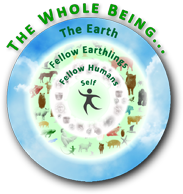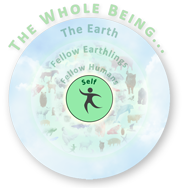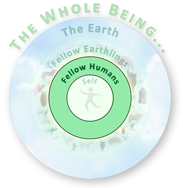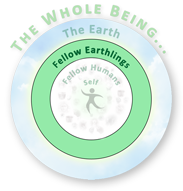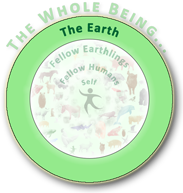Resource Library
To narrow down the list to only resources personally endorsed by CNCL, tick the “CNCL-Endorsed” box.
Please let us know if you find any errors or dead links.
Click here
for a list of…![]()
Broad-Coverage Independent News
& Media Sites
“Implicit in recent scholarly debates about the efficacy of methods of warfare is the assumption that the most effective means of waging political struggle entails violence. Among political scientists, the prevailing view is that opposition movements select violent methods because such means are more effective than nonviolent strategies at achieving policy goals. Despite these assumptions, from 2000 to 2006 organized civilian populations successfully employed nonviolent methods including boycotts, strikes, protests, and organized noncooperation to challenge entrenched power and exact political concessions in Serbia (2000), Madagascar (2002), Georgia (2003) and Ukraine (2004–05), Lebanon (2005), and Nepal (2006). The success of these nonviolent campaigns—especially in light of the enduring violent insurgencies occurring in some of the same countries—begs systematic investigation.” 38 page pdf Book: “For more than a century, from 1900 to 2006, campaigns of nonviolent resistance were more than twice as effective as their violent counterparts in achieving their stated goals. By attracting impressive support from citizens, whose activism takes the form of protests, boycotts, civil disobedience, and other forms of nonviolent noncooperation, these efforts help separate regimes from their main sources of power and produce remarkable results, even in Iran, Burma, the Philippines, and the Palestinian Territories. Combining statistical analysis with case studies of specific countries and territories, Erica Chenoweth and Maria J. Stephan detail the factors enabling such campaigns to succeed and, sometimes, causing them to fail. They find that nonviolent resistance presents fewer obstacles to moral and physical involvement and commitment, and that higher levels of participation contribute to enhanced resilience, greater opportunities for tactical innovation and civic disruption (and therefore less incentive for a regime to maintain its status quo), and shifts in loyalty among opponents’ erstwhile supporters, including members of the military establishment. Chenoweth and Stephan conclude that successful nonviolent resistance ushers in more durable and internally peaceful democracies, which are less likely to regress into civil war. Presenting a rich, evidentiary argument, they originally and systematically compare violent and nonviolent outcomes in different historical periods and geographical contexts, debunking the myth that violence occurs because of structural and environmental factors and that it is necessary to achieve certain political goals. Instead, the authors discover, violent insurgency is rarely justifiable on strategic grounds.” Video: “So many things are happening, changing, shifting to day. These changes are happening both within our vegan movement, and outside of it, in the technological, economical, creative and other domains. In this talk we will look at the newest developments and trends that are moving us closer and closer to a vegan world. We will also take a look at what position we vegans should take with respect to all these developments.” “The word vegan can be somewhat confusing to outsiders. Being a vegan means more than refusing to consume animal remains or products. The argument that animals are not killed for their eggs or milk means nothing to vegans because animal exploitation itself is a crime against nature and decency.” Book: “Martin Luther King’s classic exploration of the events and forces behind the Civil Rights Movement—including his Letter from Birmingham Jail, April 16, 1963. “There comes a time when the cup of endurance runs over, and men are no longer willing to be plunged into the abyss of despair.” In 1963, Birmingham, Alabama, was perhaps the most racially segregated city in the United States. The campaign launched by Dr. Martin Luther King, Jr., and the Civil Rights movement on the segregated streets of Birmingham demonstrated to the world the power of nonviolent direct action. In this remarkable book—winner of the Nobel Peace Prize—Dr. King recounts the story of Birmingham in vivid detail, tracing the history of the struggle for civil rights back to its beginnings three centuries ago and looking to the future, assessing the work to be done beyond Birmingham to bring about full equality for African Americans. Above all, Dr. King offers an eloquent and penetrating analysis of the events and pressures that propelled the Civil Rights movement from lunch counter sit-ins and prayer marches to the forefront of American consciousness. Since its publication in the 1960s, Why We Can’t Wait has become an indisputable classic. Now, more than ever, it is an enduring testament to the wise and courageous vision of Martin Luther King, Jr.” Book: “In this paperback edition is a foreword by activist and author John Robbins and a reader’s group study guide. This ground-breaking work, voted one of the top ten books of 2010 by VegNews Magazine, offers an absorbing look at why and how humans can so wholeheartedly devote ourselves to certain animals and then allow others to suffer needlessly, especially those slaughtered for our consumption. Social psychologist Melanie Joy explores the many ways we numb ourselves and disconnect from our natural empathy for farmed animals. She coins the term “carnism” to describe the belief system that has conditioned us to eat certain animals and not others. In Why We Love Dogs, Eat Pigs, and Wear Cows Joy investigates factory farming, exposing how cruelly the animals are treated, the hazards that meatpacking workers face, and the environmental impact of raising 10 billion animals for food each year. Controversial and challenging, this book will change the way you think about food forever.” “WikiLeaks is a multi-national media organization and associated library. It was founded by its publisher Julian Assange in 2006. WikiLeaks specializes in the analysis and publication of large datasets of censored or otherwise restricted official materials involving war, spying and corruption. It has so far published more than 10 million documents and associated analyses. “WikiLeaks is a giant library of the world’s most persecuted documents. We give asylum to these documents, we analyze them, we promote them and we obtain more.” – Julian Assange, Der Spiegel Interview. WikiLeaks has contractual relationships and secure communications paths to more than 100 major media organizations from around the world. This gives WikiLeaks sources negotiating power, impact and technical protections that would otherwise be difficult or impossible to achieve. Although no organization can hope to have a perfect record forever, thus far WikiLeaks has a perfect in document authentication and resistance to all censorship attempts.” “We are a group of volunteers whose mission is to present reliable, unbiased and relevant news. All our content is released under a free license. By making our content perpetually available for free redistribution and use, we hope to contribute to a global digital commons. Wikinews stories are written from a neutral point of view to ensure fair and unbiased reporting.” Blog about local events in the Bay of Plenty with info on wellness, environment, community and sustainability. Blog. “Wild Animal Initiative works to understand and improve the lives of animals in the wild.” “At Wilderness Reflections, we believe that finding sanctuary and connection in the natural world is essential to our wholeness and wellness as individuals and as a community. Through direct, embodied, meaningful contact with wild Nature, our rites of passage, education and training programs foster personal and professional transformation for teens, adults, professionals and organizations. This work is a part of our effort to make vibrant and essential contributions toward a more reciprocal and balanced relationship between the human community and the natural world.” Book: “Whether referring to a place, a nonhuman animal or plant, or a state of mind, wild indicates autonomy and agency, a will to be, a unique expression of life. Yet two contrasting ideas about wild nature permeate contemporary discussions: either that nature is most wild in the absence of a defiling human presence, or that nature is completely humanized and nothing is truly wild. Wildness, edited by Gavin Van Horn and John Hausdoerffer, charts a different path. Exploring how people can become attuned to the wild community of life and also contribute to the well-being of the wild places in which we live, work, and play, Wildness brings together esteemed authors from a variety of landscapes, cultures, and backgrounds to share their stories about the interdependence of everyday human lifeways and wildness.” “Protecting nature. Promoting compassion. Inspiring change. Located on 98 acres in Newberg Oregon, Wildwood Farm Sanctuary is a haven for farm animals and wildlife alike. We provide lifelong refuge and rehabilitation for abused and abandoned farm animals while lovingly protecting the property’s native plants, wetlands, woodlands, and wild animals. Through our mission and the lives of our beloved residents in this special place, we aspire to inspire! Our greatest hope is to help open eyes and reshape the way humans view and treat farm animals by considering a compassionate and cruelty-free way of living.” “Following a trip to Denmark in 1980, I’ve stressed the theme that wind energy does indeed work, makes economic and environmental sense, and is here to stay. Even then Denmark was a model of how successful wind energy could become–when given the opportunity. In North America at the time, there were few wind turbines and only a few of those operated well. Most simply didn’t work. My slogan was as much a statement of what could be as it was a statement of fact. Today, wind turbines are commonplace throughout the world and “wind works”, once a bold statement, now elicits a “What? Of course it does. Everyone knows that.” And that’s the way it should be.” “Winona LaDuke—an Anishinaabekwe (Ojibwe) member of the White Earth Nation—is an environmentalist, economist, author, and prominent Native American activist working to restore and preserve indigenous cultures and lands.” “Wisconsin Network for Peace, Justice & Sustainability advances a sustainable world free from violence and injustice by connecting, engaging, and strengthening member groups and serving as a catalyst for community organizing and education.” “The mission of WISE is a world without Nuclear Power. In our vision it is possible to create a reliable, affordable and sustainable energy-future without nuclear power. This will not happen by itself. We are convinced that this will only mature if we manage to build up enough pressure for a real change. Empowerment is the key for this change. WISE supports grassroots (groups and individuals) to enable them to effectively oppose nuclear power.” “WISE Uranium Project is part of World Information Service on Energy. It covers the health and environmental impacts of uranium mining and nuclear fuel production.” “There are two distinct threats that could indicate that yes, meat is on the way out. One is that a continuation of present trends against consuming meat will make it socially unacceptable for a large segment of society, as tobacco is today. The other is that a technological revolution will make producers of live cattle, pigs and chickens as irrelevant as Kodak became when the once-dominant camera and film manufacturer failed to embrace the digital revolution.”Found 1620 Results
Why Civil Resistance Works: The Strategic Logic of Nonviolent Conflict (article)
![]()
Why Civil Resistance Works: The Strategic Logic of Nonviolent Conflict (book)
Why the future will be vegan – Tobias Leenaert [IARC 2016]
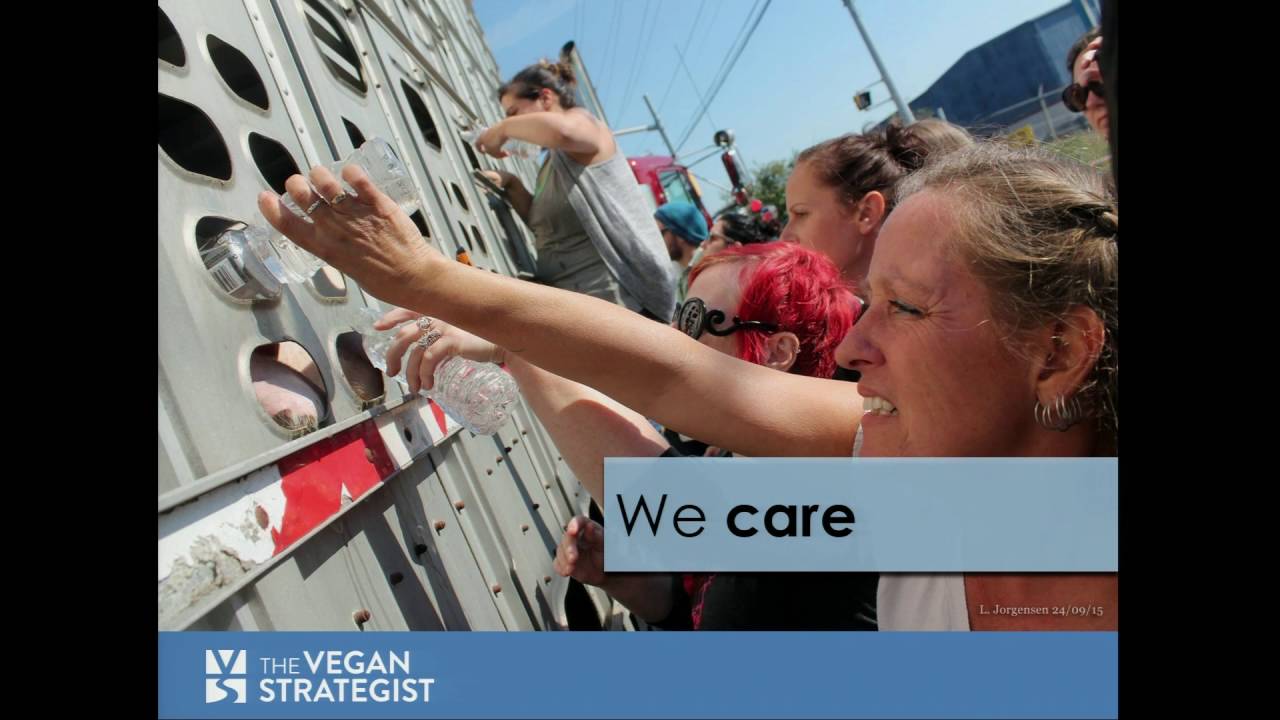
Why Vegans Don’t Use Animal Products
![]()
Why We Can’t Wait
Why We Love Dogs, Eat Pigs, and Wear Cows: An Introduction to Carnism
WikiLeaks
Wikinews
Wild & Grace

Wild-Animal Suffering Research – Blog

Wilderness Reflections

Wildness: Relations of People and Place
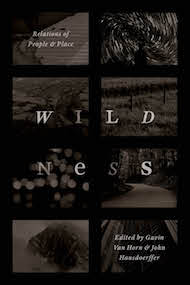
Wildwood Farm Sanctuary

Wind-Works
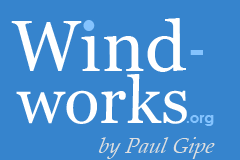
Winona LaDuke
![]()
Wisconsin Network for Peace, Justice & Sustainability

WISE – World Information Service on Energy
![]()
WISE Uranium Project

With veganism on the rise, is meat cooked?
![]()

